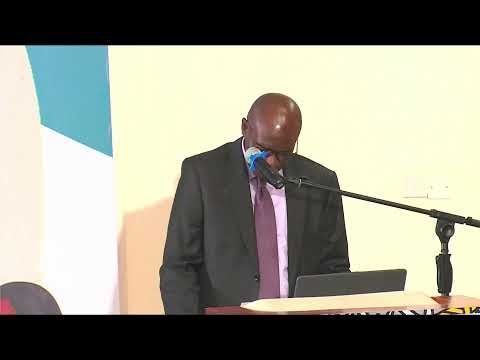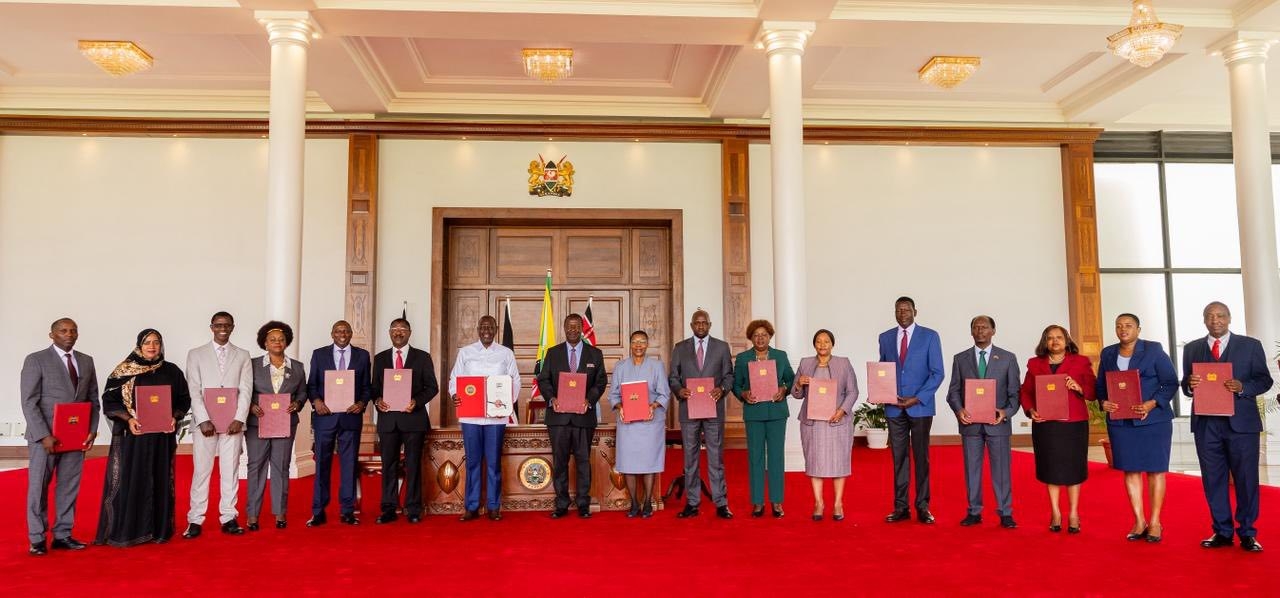.jpeg)
A senior electoral agency manager is battling a court case in which she’s accused by the Ethics and Anti-Corruption Commission of forging a Masters Degree certificate which she used to secure the managerial job.
The commission said the alleged offence committed in 2012 is among over 2,000 cases under investigation involving government officials who secured employment on forged academic certificates.
The commission said investigations established that the commissioner at the Independent Electoral and Boundaries Commission allegedly forged a Master of Arts degree from a city university.
EACC said she passed off the document as a genuine degree certificate awarded by the university in May 2004.
“She has earned a cumulative salary and benefits amounting to over Sh37 million on the basis of the fake academic qualifications, which the commission will seek to recover through a civil suit,” EACC said in a statement on Tuesday.
The suspect was arrested on Monday by EACC sleuths and arraigned before the Milimani Anti-Corruption Court on Tuesday, where she pleaded not guilty to charges.
Forgery is the making of a false document with the intent to defraud or deceive.
It’s a criminal offence contrary to Section 345 as read with Section 349 of the Penal Code, and uttering a false document contrary to Section 353 of the Penal Code.
“Any person who forges any document or electronic record is guilty of an offence which, unless otherwise stated, is a felony, and he is liable unless owing to the circumstances of the forgery or the nature of the thing forged, some other punishment is provided, to imprisonment for three years,” states Section 349 of the Penal Code.
Further to the above punishment, the Anti-Corruption and Economic Crimes Act permits the EACC to recover any monies acquired by way of false presentation by a beneficiary, including using forged documents.
EACC said the Anti-Corruption Magistrate Isabella Baraza released the accused on a cash bail of Sh200,000 or a bond of Sh1 million with a surety of a similar amount.
“The matter will be mentioned on October 28, 2024,” EACC said.












